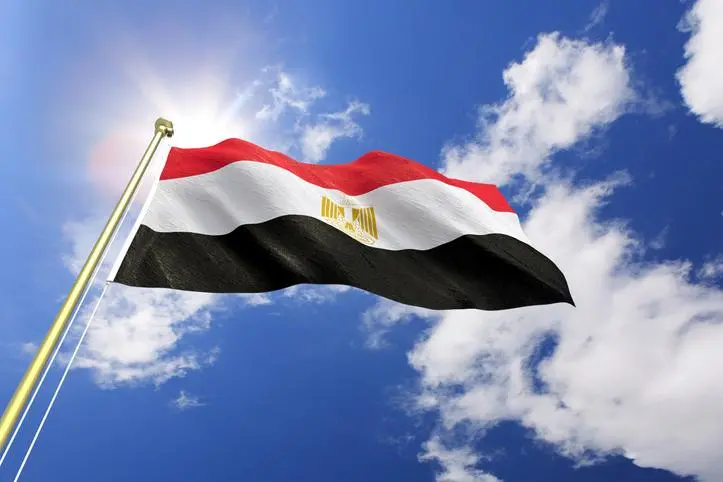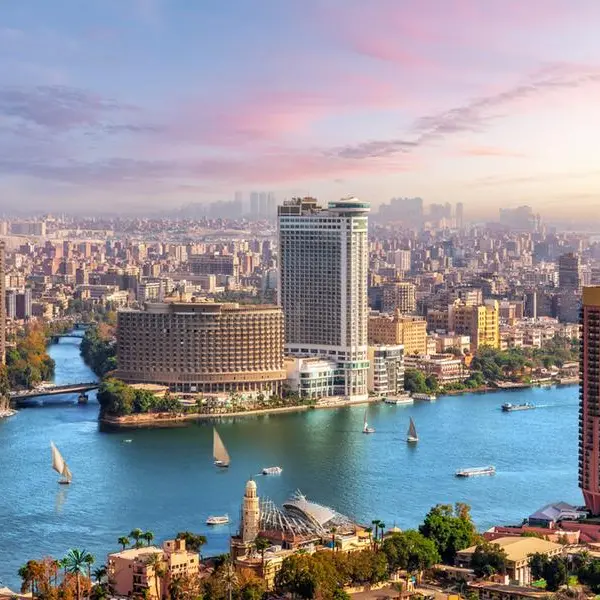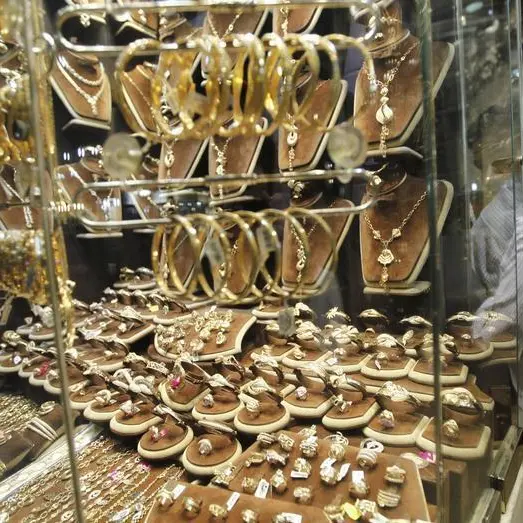PHOTO
Egypt has been working towards regional trade integration for several years. This comes as Egypt expands cooperation with the Middle East and African countries on the economic level and seeks to exchange experiences and boost trade integration.
Regional Integration Efforts
In March, the Worl Bank (WB) approved a Country Partnership Framework (CPF) for Egypt. Under the CPF, Egypt’s role in regional integration is set to be stronger. This "has positive implications for Egypt and potentially the broader region through enhanced regional trade and greater connectivity in infrastructure, transport, energy, and labor," according to the WB.
Moreover, Egypt joined the Common Market for Eastern and Southern Africa (COMESA) in 1998, and it has been working with the concept that via the COMESA, Egypt can boost prosperity and development.
During the 22nd COMESA Heads of State and Governments Summit in June, Egyptian President Abdel Fattah El Sisi said that intra-COMESA trade increased to reach $13 billion in 2022, the highest value recorded since establishing the free trade zone within the framework of the COMESA in 2000.
Nirmeen El Sayyad, UN Women Project Manager at the American University in Cairo (AUC) and an economic expert, tells Arab Finance: "COMESA is a market of about 400 million consumers and an increasing volume of internal."
In 2015, COMESA signed a Tripartite Free Trade Area (TFTA) with the Southern African Development Community (SADC) and the East African Community (EAC), which represents 53% of the African Union membership.
"The Tripartite FTA enables the free movement of goods, services, and businesspersons, all of which stimulate economic activity in the region, thereby improving the lives of ordinary people across the region," El Sayyad says.
Meanwhile, Egypt is also joining hands with its neighbors in the Middle East and North Africa (MENA) to ensure regional integration. The deals signed with the Arab countries include the Greater Arab Free Trade Agreement (GAFTA), which was signed in 1981, joining 17 member countries; and the Agadir Free Trade Agreement, which Egypt signed in 2004 to establish a free trade zone between Jordan, Morocco, and Tunisia.
The Agadir Declaration had more benefits for expanding EU markets after the accession of 10 new member states, whereas the GAFTA provides access to 1.5 billion consumers, including 100 million in Egypt, in addition to connecting investors to existing and emerging markets, with 8% of global trade passing through the Suez Canal, according to the General Authority for Investment and Free Zones (GAFI).
Moreover, Egypt is developing its ports to maximize transit trade with its African and Middle Eastern neighbors. Egypt is also boosting its infrastructure to ensure better trade integration. Integrating MENA trade infrastructure (ports, airports, and logistics) with GCC countries would reduce costs and facilitate intra-regional trade, leading to increased regional integration and all parties benefiting from the gains of trade, according to the International Monetary Fund’s (IMF) article entitled 'Commercial Middle East' published last September.
Additionally, Egypt initiated the Regional Industrial Integration initiative and emphasized infrastructure development, such as the Victoria-Mediterranean Sea link project, in an effort to facilitate trade, according to El Sayyad. The project aims to link the Nile basin countries to the Mediterranean through Egypt.
Regional Trade and Connectivity
Due to its integration with Arab neighbors, Egypt can ensure strong trade movements. In May, the Central Agency for Public Mobilization and Statistics (CAPMAS) announced an increase of $4 billion, or 16.4%, in the value of trade exchange between Egypt and the Arab countries, recording $29 billion in 2022, compared to $25 billion in 2021.
Thanks to Egypt’s keenness to cooperate with several African countries in the economic field, it has been opening the African markets to Egyptian products and facilitating trade between Egypt and its African neighbors. Egypt's exports to countries in the African continent in June 2023 amounted to $523.795 million, compared to $505.191 million in June 2022. On the other hand, imports from the African countries recorded $106.603 million in June, compared to $260.289 million in the same period of 2022, according to CAPMAS’ Monthly Bulletin of Foreign Trade Data in August 2023.
This comes as Egypt benefits from its economic and trade regional integration with the Middle East and Africa (MEA). For example, El Sayyad explains that “Egypt accomplished several goals such as boosting economic development by increasing intra-COMESA exports and facilitating trade exchange.”
The country can further boost regional integration with its neighbors. El Sayyad explains, "Egypt, by opening more trade channels with MEA countries, will open doors to more export-led production, increasing employment and production levels. On another note, excelling exports will stimulate foreign exchange returns and promote cooperation and integration with these countries. The exporting sectors will be the most beneficial, but this will require government support and facilitation."
Additionally, improved connectivity in infrastructure, transport, and ports can facilitate the flow of goods and services, leading to increased trade and economic growth.
Thanks to the integration efforts, Egypt can connect its region to the European Union (EU) as the country stands as a gateway to the African markets. Due to Egypt’s infrastructure, the country was able to deploy its ports and facilities for the MENA countries to export liquified natural gas (LNG) to Europe, in order to compensate for the shortage caused by the Russian invasion of Ukraine at the beginning of 2022.
Egypt's efforts towards regional trade integration are driven by economic factors, and the country has been joining several regional agreements and initiatives to address challenges and strengthen its role as a regional trade and investment gateway.
Copyright © 2022 Arab Finance Brokerage Company All rights reserved. Provided by SyndiGate Media Inc. (Syndigate.info).




















